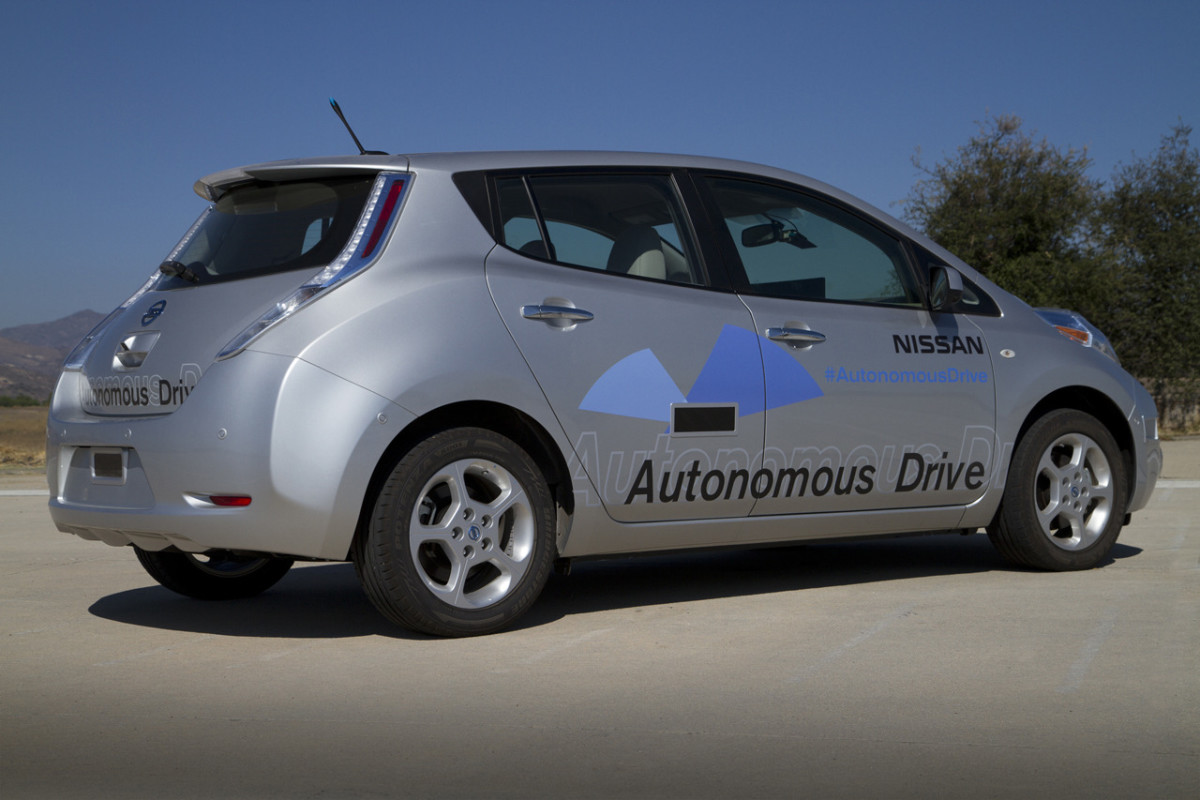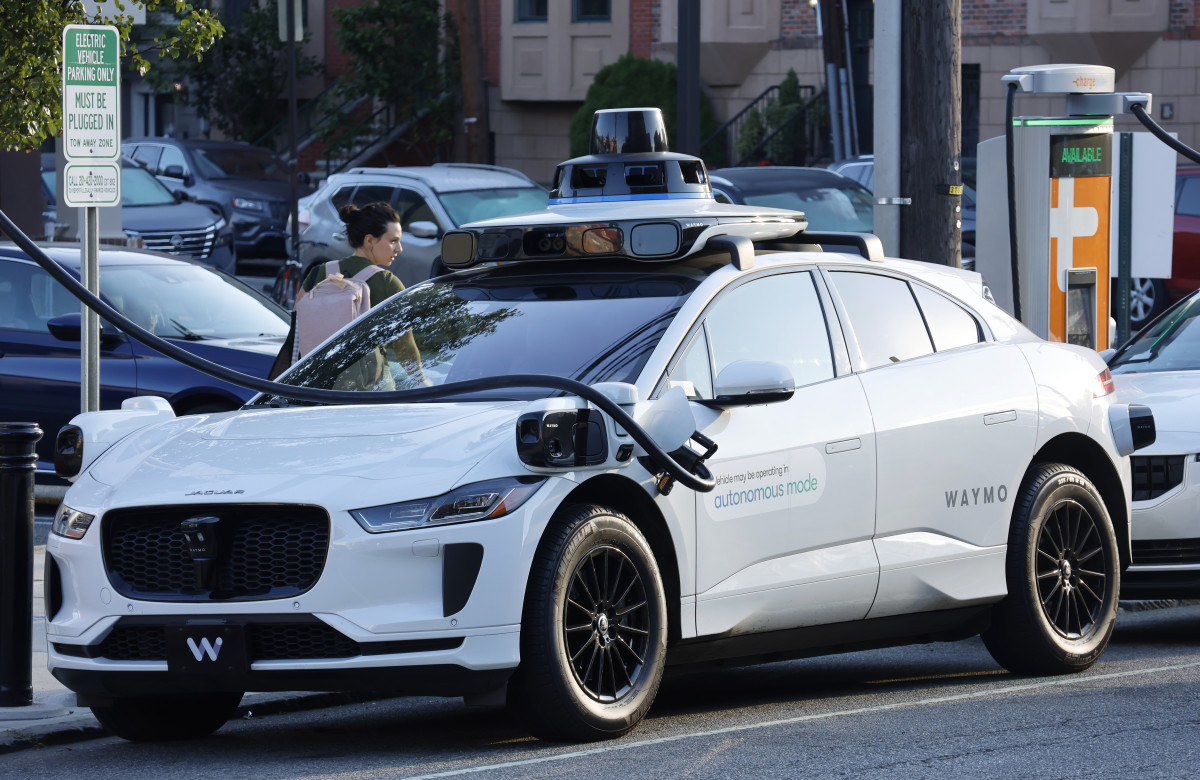The Self-Driving Debate
One of the most hotly debated topics in the automotive world is driverless/autonomous driving vehicles.
The idea, while seemingly sci-fi, has already been around for decades, with multiple pushes from the biggest tech and automotive companies. We’ve also seen certain implementations mainly in the U.S. through some state taxis and brands like Tesla pushing their Autopilot tech to customers.

Japan to Go Driverless?
Despite the real-world applications of driverless cars, their adoption has been slow due to concerns about regulation and safety. However, another country has joined the list of those eager to implement their own version of the technology.
According to a report by Nikkei Asia, Japan has announced plans to adopt a target of around 10,000 self-driving vehicles by 2030. The mix of the 10,000 will include buses, taxis, trucks, and other types of vehicles.
These vehicles will be considered “Level 4,” which basically means that no human input is required, though there is also a higher-tier Level 5 classification. This plan is reportedly set to be approved by the cabinet this year and will also continue to push for autonomous systems below the Level 4 classification. Of course, there will also be studies to ensure safety through accident analysis.
To incentivize stakeholders, the plan will include studies to subsidize municipalities that use driverless mass transportation options.
The Nikkei report further states that both the government and Japanese Automakers are working hand in hand to boost this initiative, with the automakers pushing R&D and lawmakers creating a system for quicker approval of self-driving systems being developed for rollout.
Such technologies are also set to be implemented in commercial vehicles, further enhancing the country’s economic security.

Past Drives Present
Japan’s interest in driverless cars isn’t new, given the country’s status as a global automotive powerhouse; local brands have already explored the technology. Toyota successfully tested driverless buses along a dedicated road as part of a small-scale application process in 2005.
In 2014, the Japanese Government backed the “SIP-adus” (Strategic Innovation Promotion Program for Automated Driving Systems) national project to accelerate R&D and establish legal frameworks for advanced driving systems.
Now, with a full-forced approach and support from both the automakers and the government, Japan is set to adopt more autonomous/driverless cars into its society by 2030.
Getty Images


